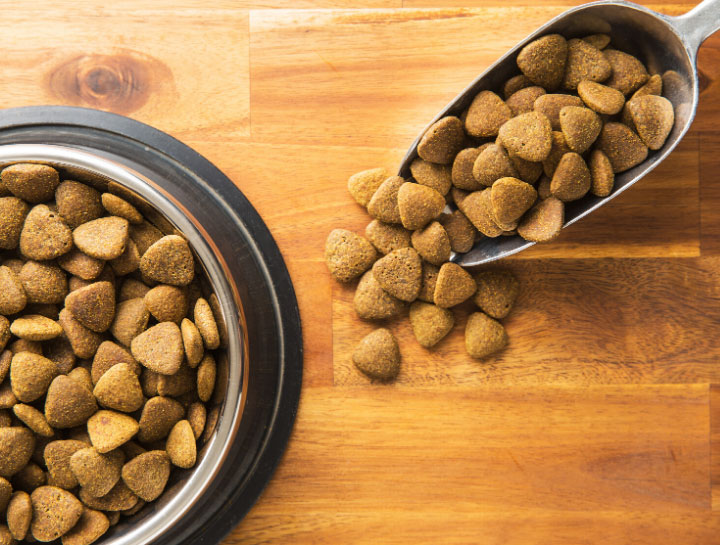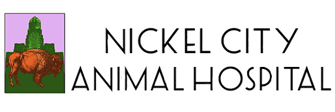Pet Nutrition
Achieve the right nutritional balance.
Diet is an often overlooked part of a pet’s overall health and wellbeing. It should come as no surprise that what your pet eats, as well as how much they eat, directly impacts their health. Achieving the right nutritional balance will allow your pet to better manage any existing medical conditions and significantly improve their quality of life.
Making the Best Decisions for Your Pet
One of the biggest issues when it comes to maintaining good nutrition for pets is the amount of confusing information being presented to owners. The sheer number of pet food brands promising to be the best option for your pet can make anyone feel overwhelmed or exhausted. In addition to that, information about what does and does not constitute a healthy weight for an individual pet isn’t always readily available.
What’s great about having the support of a team who doesn’t believe veterinary medicine should be one-size-fits-all is being able to seek recommendations unique to your pet. Whether you need pet food recommendations or you’d like us to create a personalized exercise and or diet plan to assist your pet with weight loss, our team can help!
Reassessing Your Dog’s Diet
If you are feeding a “boutique” brand or grain free diet, you might want to consider switching. In July 2018, the FDA and the cardiologists at Tufts University Vet School, published research showing a definitive correlation between grain free diets and a heart condition called Dilated Cardiomyopathy (DCM). DCM is a heart disease in which the muscle layer of the heart becomes thinner, making it harder for the heart to normally contract and pump blood to the rest of the body. The correlation is found mostly in large breed dogs, but has been seen in some small dogs and cats as well. Although the exact causal relationship is unknown, the most current research suggests that it is not necessarily the lack of grain in the diet, but the overabundance of starches and legumes, such as lentils and chickpeas, that are added into the diet, making it unbalanced. Therefore, adding grain to your dog’s meals is not going to balance it out. In addition, a raw food diet is not a good alternative as DCM has been diagnosed in dogs eating a raw diet as well. Raw diets can be extremely difficult to balance and can pose threats to pet and human health such as Salmonella, E. Coli and listeria.
Our recommendation is to stick to commercially produced, grain inclusive diets. If you have any questions, please contact our office. If you would like to read up on the current research, refer to the FDA Website or Tufts University Website.

